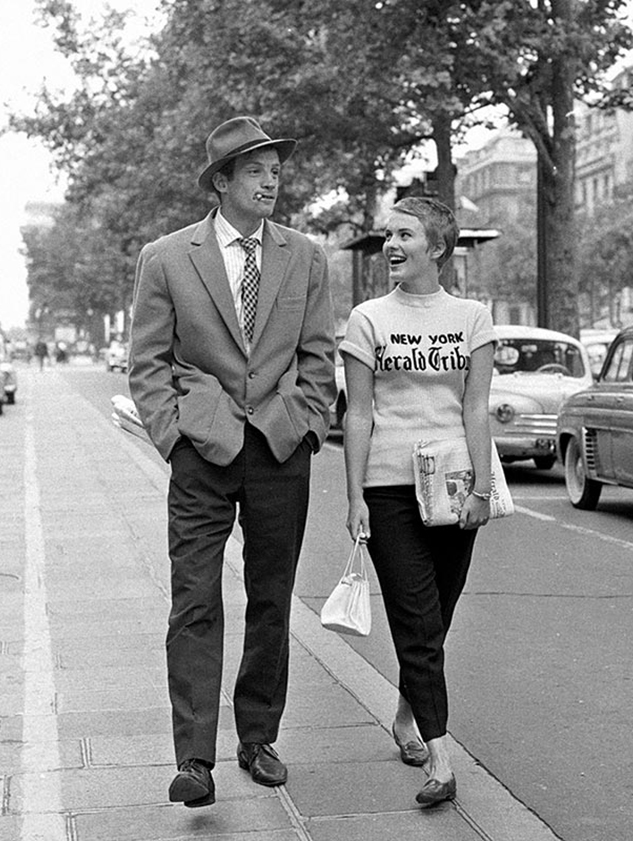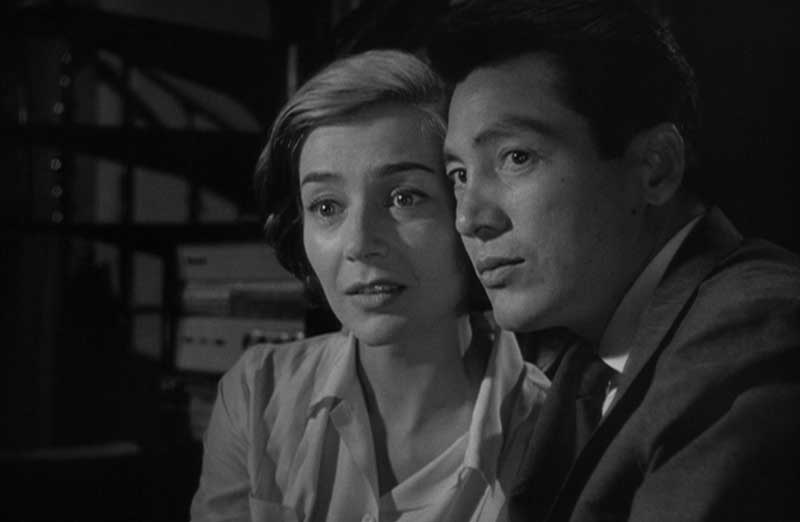
Director: Alain Resnais
A drama about a French actress and a Japanese architect who engage in a brief, intense affair in post-war Hiroshima. Resnais’ film is a poetic and haunting meditation on memory, love, and the legacy of war.
“You saw nothing in Hiroshima. Nothing.”
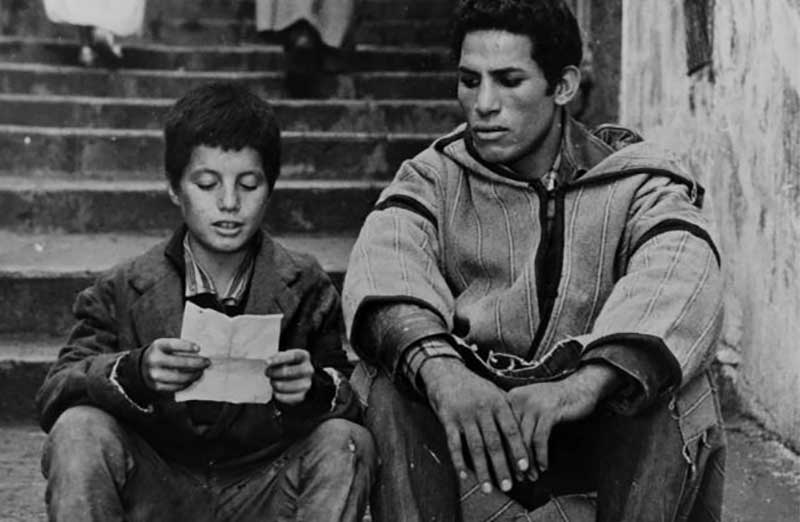
Director: Gillo Pontecorvo
A docudrama depicting the Algerian struggle for independence from French colonial rule. Pontecorvo’s film is a gripping and politically charged examination of colonialism, revolution, and the human cost of war.
“It’s hard to start a revolution. Even harder to continue it. And hardest of all to win it.”
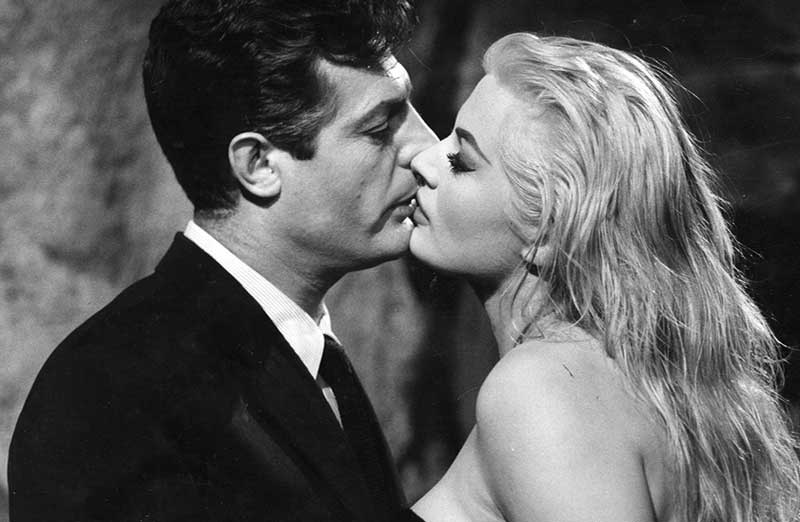
Director: Federico Fellini
An Italian drama following a journalist as he navigates the decadent nightlife of Rome. Fellini’s film is a sprawling and visually stunning portrait of a society in moral decay, capturing the hedonism and emptiness of the 1960s.
“Life is full of surprises.”
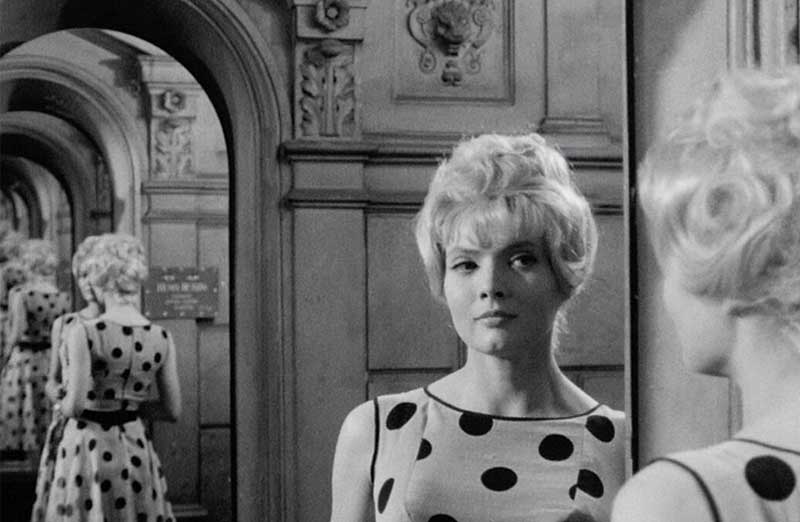
Director: Agnès Varda
Follows a young singer in Paris who awaits the results of a medical test, reflecting on her life and relationships. Varda’s film is a poignant and intimate portrait of a woman’s existential crisis, set against the backdrop of 1960s Paris.
“All this talk about death… It’s like a bad film.”
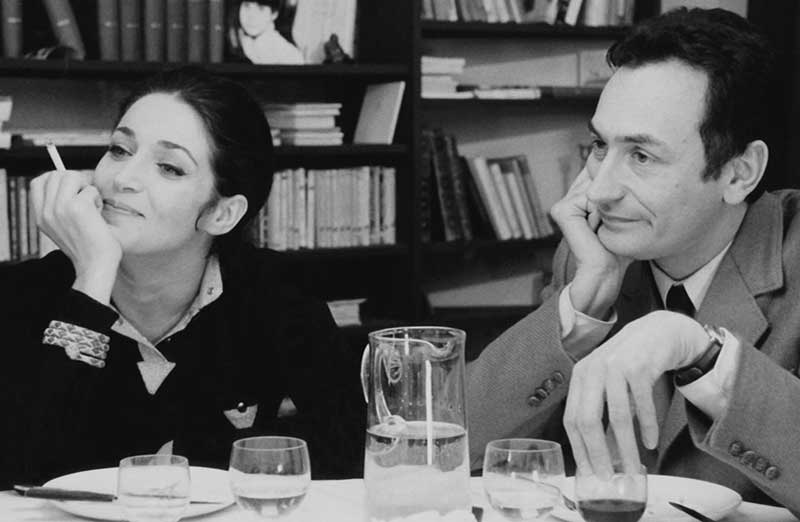
Director: Éric Rohmer
My Night at Maud’s (Ma nuit chez Maud) is a 1969 film directed by Éric Rohmer, part of his series of films known as the “Six Moral Tales.” The film follows the story of Jean-Louis, a devout Catholic engineer who becomes entangled in a series of philosophical and moral discussions over the course of a night spent at the apartment of Maud, a divorced woman.
“I don’t believe in God, but I’m afraid of Him.”
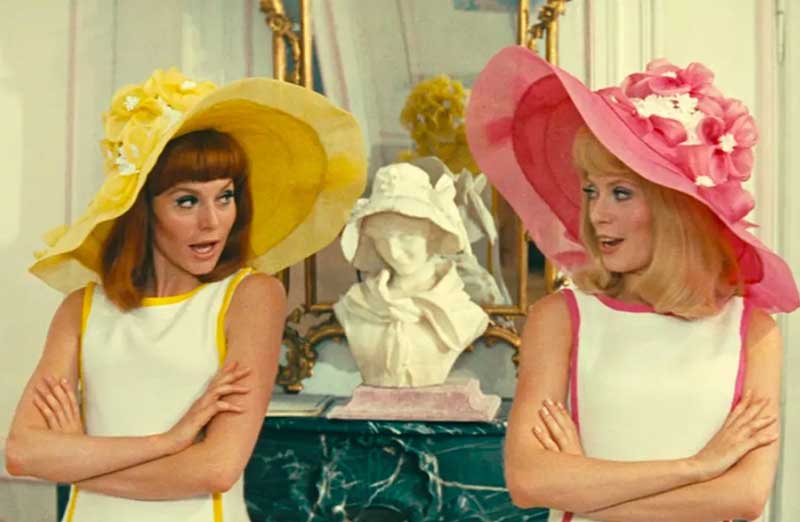
Director: Jacques Demy
A romantic musical about two sisters searching for love and adventure in the seaside town of Rochefort. Demy’s film is a colorful and exuberant celebration of love, music, and the joy of life.
“We must look for love wherever it is.”
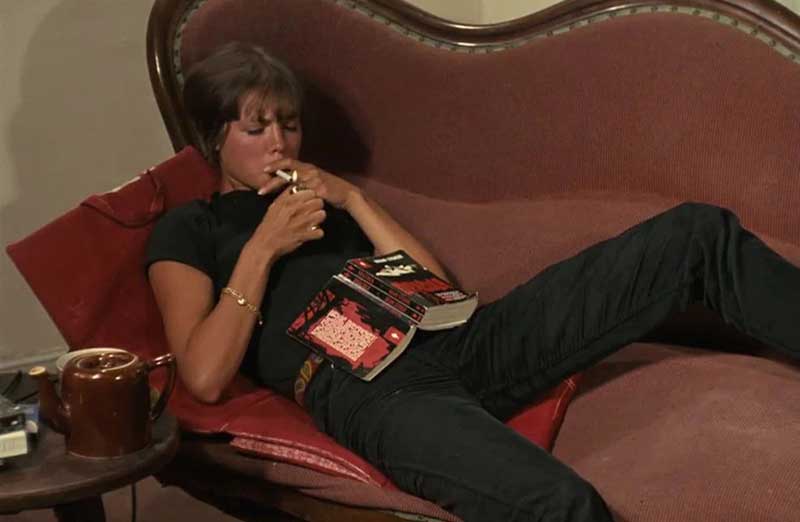
Director: Éric Rohmer
The Collector (La Collectionneuse) is a 1967 film directed by Éric Rohmer, part of his series of films known as the “Six Moral Tales.” The film follows the story of Adrien, a young art dealer who spends a summer in a villa in the French Riviera, where he becomes infatuated with the enigmatic and free-spirited Haydée, known as “the collector.”
“One cannot always be a revolutionary, one must also cultivate one’s garden.”
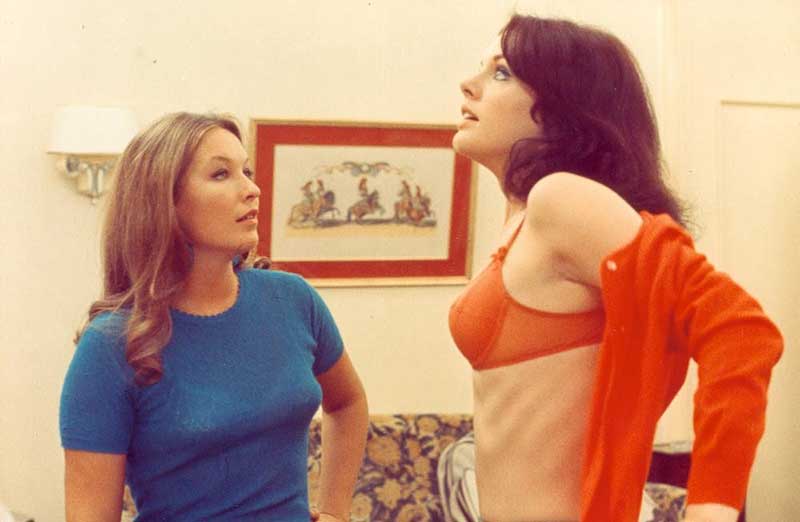
Director: Jean-Luc Godard
Explores the life of a housewife who becomes a prostitute to support her family. Godard’s film is a provocative and fragmented portrait of consumerism, alienation, and female identity in modern society.
“Paris is getting bigger and bigger and there’s nothing we can do about it.”
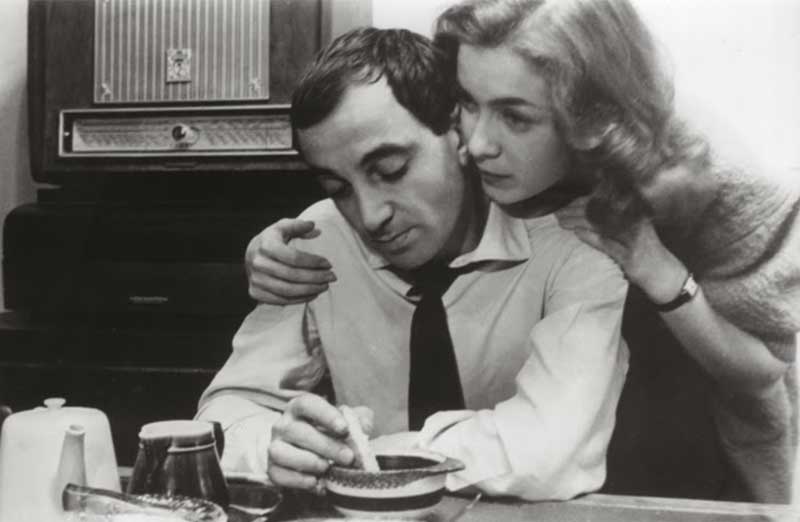
Director: François Truffaut
Follows a pianist who becomes entangled in the criminal underworld after his wife’s suicide. Truffaut’s film is a stylish and tragicomic exploration of art, identity, and the unpredictability of life.
“There are two kinds of people in the world, those who are always on time and those who are never on time.”
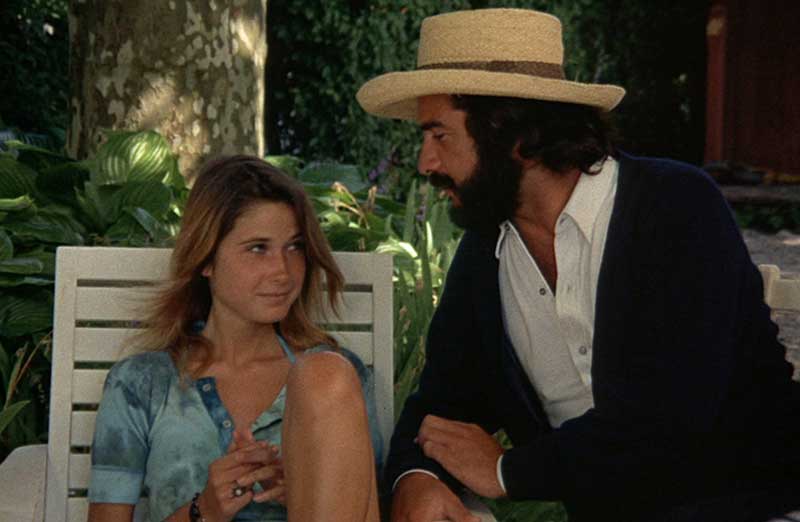
Director: Éric Rohmer
Claire’s Knee (Le Genou de Claire) is a 1970 film directed by Éric Rohmer, part of his series of films known as the “Six Moral Tales.” The film follows the story of Jérôme, a diplomat on vacation in the French Alps, who becomes obsessed with the idea of touching the knee of a beautiful young woman named Claire.
“I am free, I do what I want, and that’s why I want you.”
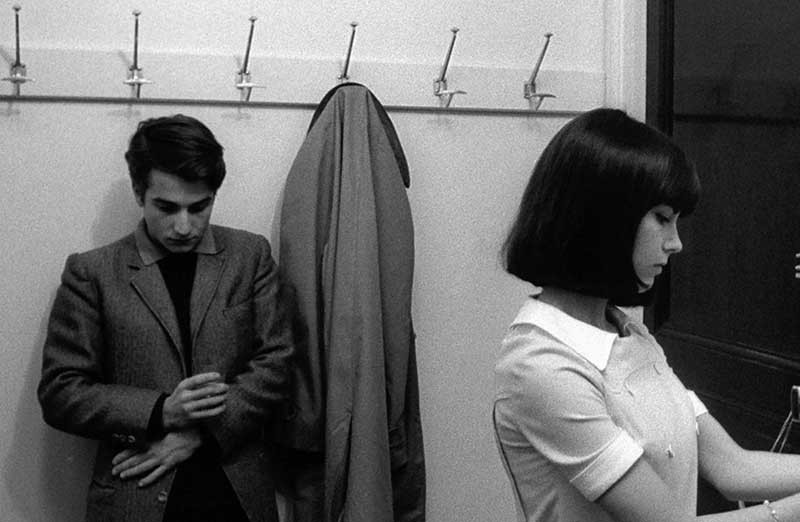
Director: Jean-Luc Godard
Follows the relationship between a young couple in Paris, exploring themes of love, politics, and youth culture. Godard’s film is a candid and unvarnished look at the complexities of modern romance and the shifting social landscape of the 1960s.
“I think the best thing is to be young. I’m glad I’m not old.”
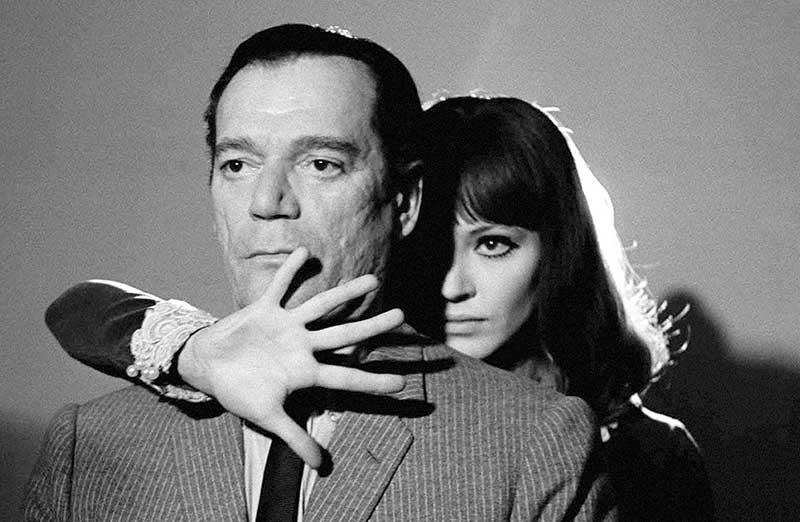
Director: Jean-Luc Godard
This is a sci-fi noir film set in a dystopian future where a secret agent is sent to a distant city to destroy an artificial intelligence.
“No one has ever lived in the past, and no one will ever live in the future. The present is the form of all life.”
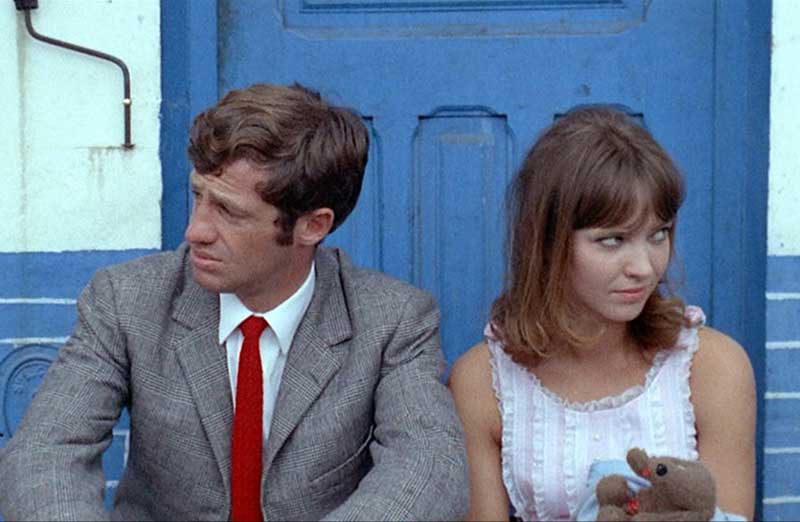
Director: Jean-Luc Godard
Follows Ferdinand and Marianne on a surreal and destructive journey after Pierrot kills a man.
“What if we tried to be happy, just for an hour?”
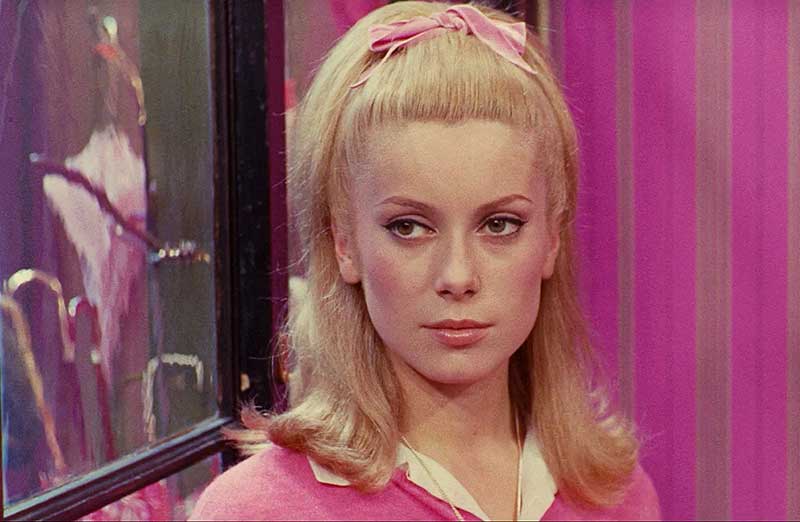
Director: Jacques Demy
A romantic musical about Geneviève and Guy, torn apart when Guy is drafted into the army.
“People only die of love in the movies.”
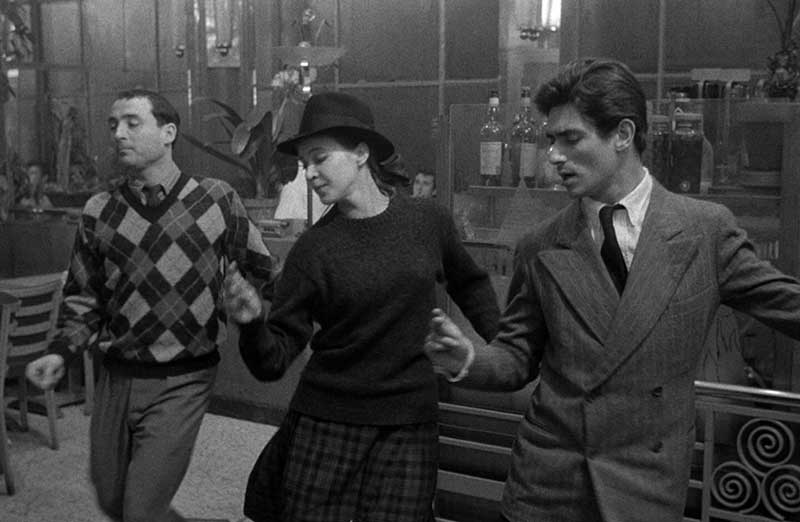
Director: Jean-Luc Godard
Follows three young people planning a robbery, leading to betrayal and tragedy. Godard’s film is a stylish and playful take on the crime genre, known for its iconic dance sequence in a Parisian cafe.
“The days trickle by like water in a sieve.”
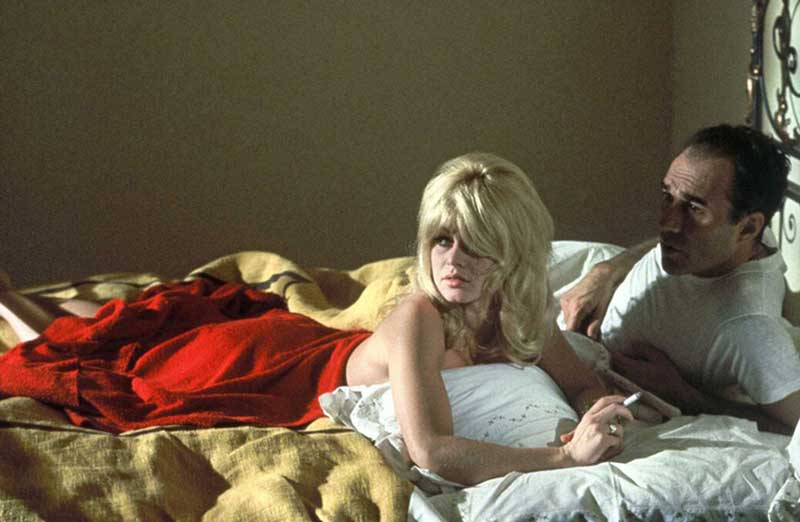
Director: Jean-Luc Godard
Explores the failing marriage between Paul and Camille, set against the backdrop of the film industry. Godard’s film is a visually stunning and intellectually provocative examination of love, desire, and the nature of cinema itself.
“I don’t expect anything. I’m here.”
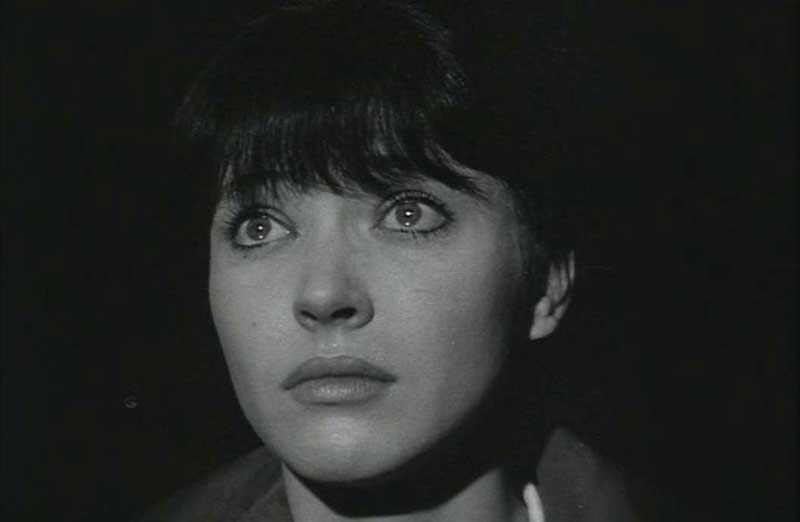
Director: Jean-Luc Godard
Nana, a woman who becomes a prostitute after leaving her husband to pursue acting. Godard’s film is a stark and unflinching portrayal of a woman’s descent into a life of exploitation and despair.
“My God, why have you forsaken me?”
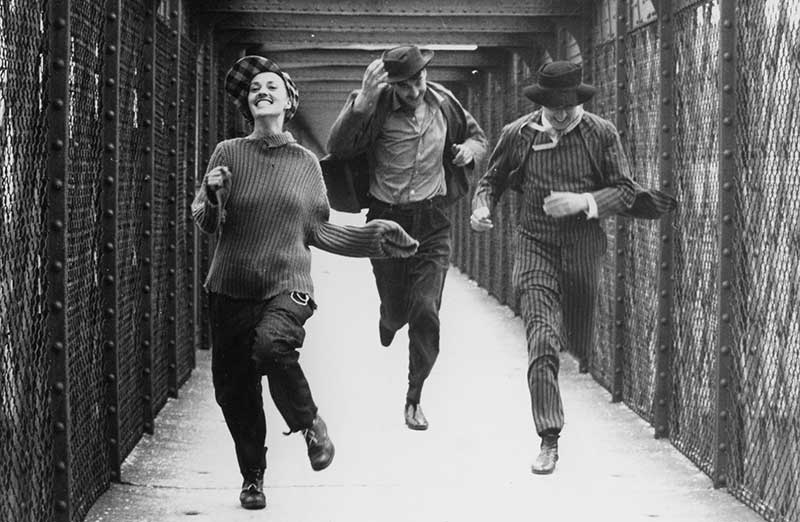
Director: François Truffaut
This love triangle story set in pre-World War I Europe explores friendship, love, and the passage of time. Truffaut’s film is a lyrical and bittersweet tale of a complex relationship between two friends and the woman they both love.
“When you love two people at the same time, choose the second. Because if you really loved the first one, you wouldn’t have fallen for the second.”
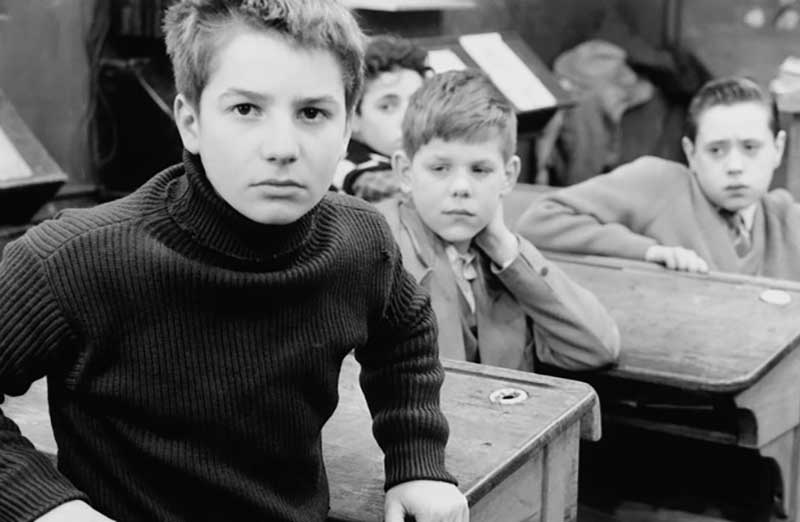
Director: François Truffaut
Antoine Doinel, a young boy in Paris, turns to petty crime due to neglect and misunderstanding. Truffaut’s film is a poignant portrayal of youth in turmoil, capturing the essence of adolescent alienation and the search for identity.
“You know what I feel like? A criminal, I feel like a criminal.”
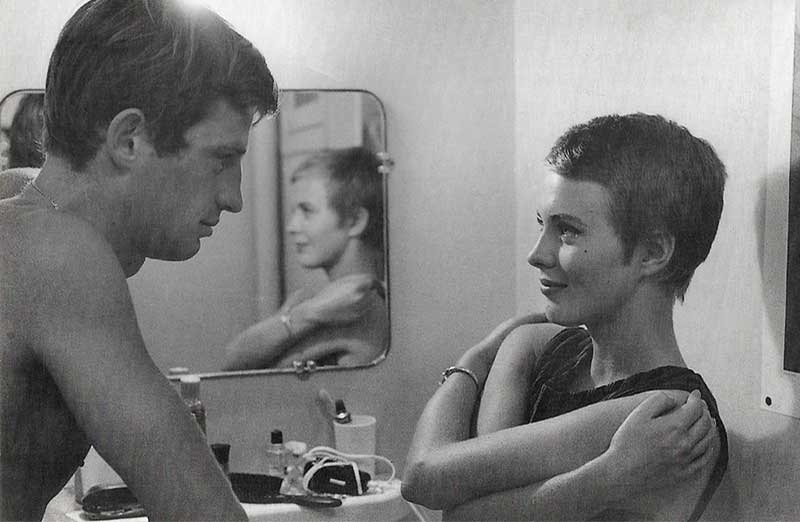
Director: Jean-Luc Godard
Michel, a car thief who kills a policeman, seeks refuge with his American girlfriend Patricia. Godard’s film is renowned for its groundbreaking style, including the innovative use of jump cuts and its portrayal of youthful rebellion.
“After all, I’m an asshole.”
